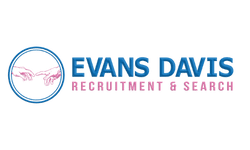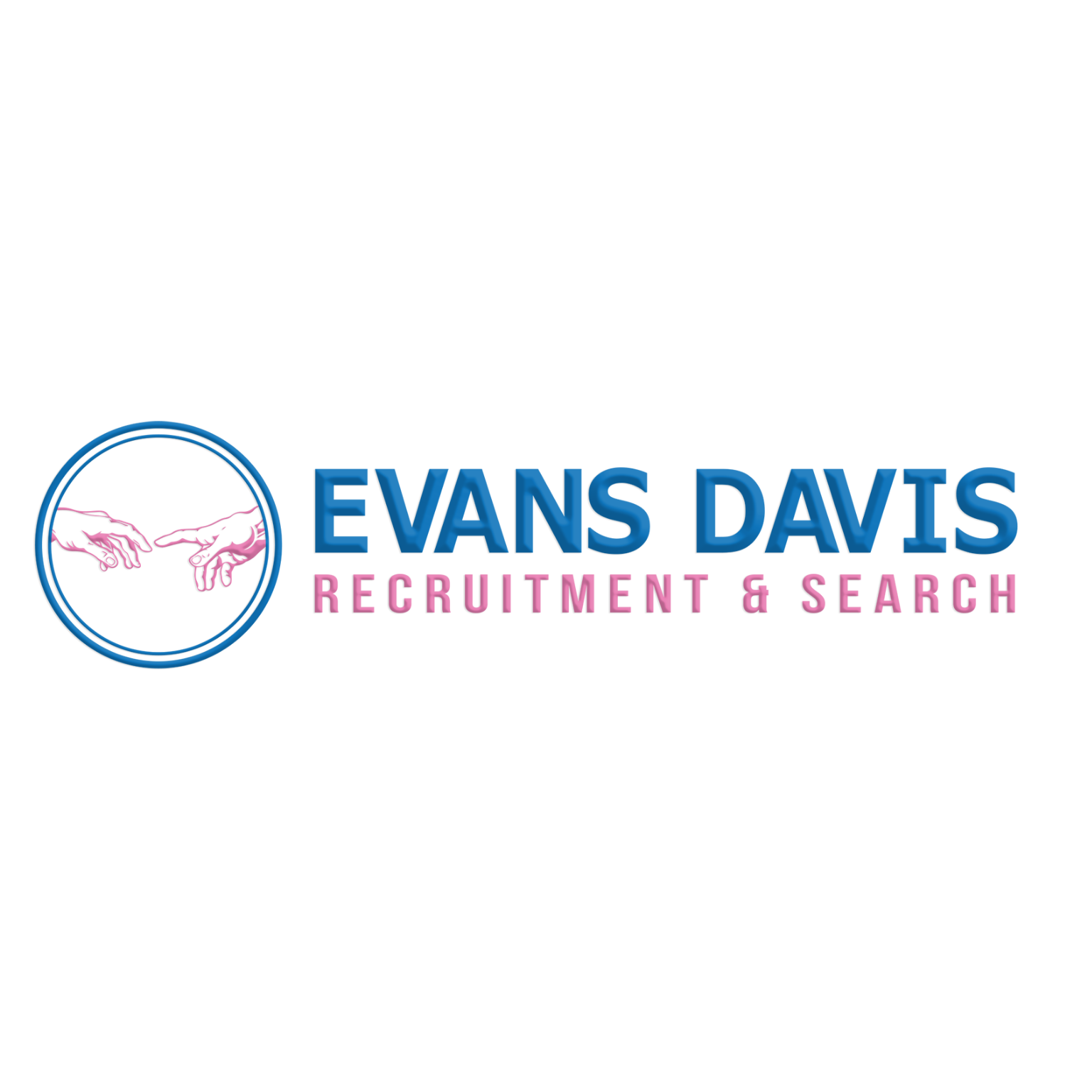The more people you speak with in the professional services space, the clearer it becomes that accounting is rapidly moving from a compliance-based profession to consulting with a heavy focus on the value add.
Because of this change and the offshoring of processing positions, now more than ever, accountants at all levels need to influence clients’ decision-making processes and drive revenue for the firm.
As a result of this direct relationship between revenue and staff ability/performance, firms that can offer employees the most desirable working conditions are winning out over those who have the now outdated belief good employees should feel grateful to have a job.
So then, what differentiates an excellent firm from an average firm?

To answer this, you need to understand why people change jobs in the first place.
While every candidate has a slightly different reason for wanting to leave where they are currently working, reasons to leave ultimately boil down to one or a combination of the following:
- Location/Travel
- Work-Life Balance
- Salary
- Career Advancement
- Training and Development
What Employees Want: Location / Travel
It might seem like your hands are tied here. However, I think that considering your location should at least inform your recruitment process.
If your business is in a hard-to-get location, the fact is, if people do not live locally, they will not stay.
Someone might say that they are happy catching 2 buses and a train to get to work every day. However, within a few months, or if you are lucky, a year, they will be offered a similar job for similar money, closer to home, and leave.
What can you do?
- Ask every potential employee you meet how they intend to get to work every day. If their answer resembles the one above, you need to push them on why they wouldn’t be able to get a similar job closer to home;
- Offer employees the option to work from home X amount of days per week;
- Only hire people that live locally;
It might take you longer to find people; however, locally hiring will result in more excellent staff retention than the alternatives.
What Employees Want: Work-Life Balance
Work-life balance is a term that gets thrown around a lot and, rightly or wrongly, will make most employers recoil for fear of hiring someone afraid of hard work.
People want additional flexibility, be it to take kids to school or go to the gym at lunch, not so they can get out of work. It is a reason that they can remove a significant amount of stress from other areas of their life and, in doing so improves their performance for you.
You will be surprised at the number of people willing to change jobs for even the smallest improvement in flexibility.
Some of the options firms are offering include:
- Option to work from home X amount of days per week;
- Flexibility on start and finish times;
- Long lunch breaks to go to the gym;
- Monthly/quarterly employer-sponsored drinks/events;
- Rostered days off;
Not all of this is possible for every business and every job; however, adding one or two will make a difference to how employees view working for your business and will go a long way to differentiating yourself from other firms.
What Employees Want: Salary
Salary, surprisingly, is rarely the sole motivator for someone accepting a job. That said, there are benefits to offering above-market salaries, including:
- All things being equal, it is the most tangible differentiator between job offers allowing you to attract better people;
- Firms that offer higher salaries tend to provide better working conditions in general;
- If employees know they are on a good wicket, they will feel valued, which improves staff retention;
The only other note on salary is that, with new hires, candidates expect an increase and an offer of the same money they are currently on increases the risk they will accept a counter offer.
What Employees Want: Career Advancement
For career advancement opportunities to existing for employees in your firm, one of two conditions must exist:
- Firm revenue needs to be growing; OR
- People need to leave;
It is a delicate balance as the simple fact is that as people progress through their careers, there will be fewer advancement opportunities.
Because of the above, it is just as valuable for potential new hires to see examples of people who have progressed internally to senior positions and those who have been developed within your business over several years and moved into great positions externally.
What Employees Want: Training and Development
Ongoing training and development is the cornerstone of every good business, whether a 1 partner accounting firm or Google.
If employees feel as though they are continuously learning new things and being challenged daily, they are far less likely to leave than if the reverse is true.
This is especially true for smaller firms.
The majority of accounting firms will offer:
- Full CA/CPA Support (some pay upfront, some pay after the employee passes);
- Study leave to study for and attend exams (ranges from ½ a day to a week);
Some of the other things firms are offering include:
- Monthly external training by industry bodies, be it tax, insolvency, audit etc;
- Internal training on specific topics run by both employees and partners;
- Client secondments;
- Leadership and sales training;
- Full support of other post-graduate qualifications, including Masters of Tax, MBA etc;
Demonstrating to employees that you are serious about investing in their ongoing development will ensure you attract and retain the best people in your firm.
While investing money in some of the above may at first seem costly, the simple fact is that offering:
- Flexible working environment;
- Genuine advancement opportunities; and
- Investing in training and development;
It will differentiate your business from the competition, attracting better people to your business, whose technical capabilities will improve as the result of your investment in training and development, ultimately improving your business’s profitability.
In closing, there is a good quote from an interview with LinkedIn founder Reid Hoffman where he discusses the recruitment process for them:
“All of our managers and recruiters ask about how working here will be transformational to your career,” Hoffman says. “For example, our SVP of Engineering, Kevin Scott, will ask, ‘What’s the next job that you would like to have post-LinkedIn?’ That’s not because we don’t want our stars to stay at LinkedIn for a long time. It’s because we’re so committed to the idea that we’re going to be transformative in the prospective employee’s career. So we need to know, what’s the next job after this? What do you want it to be?”
While the delivery might be slightly different in a professional service firm, the message holds true. That is, in simple terms, our relationship will be mutually beneficial. If you work here, we will improve you, which will, in turn, make us better.

